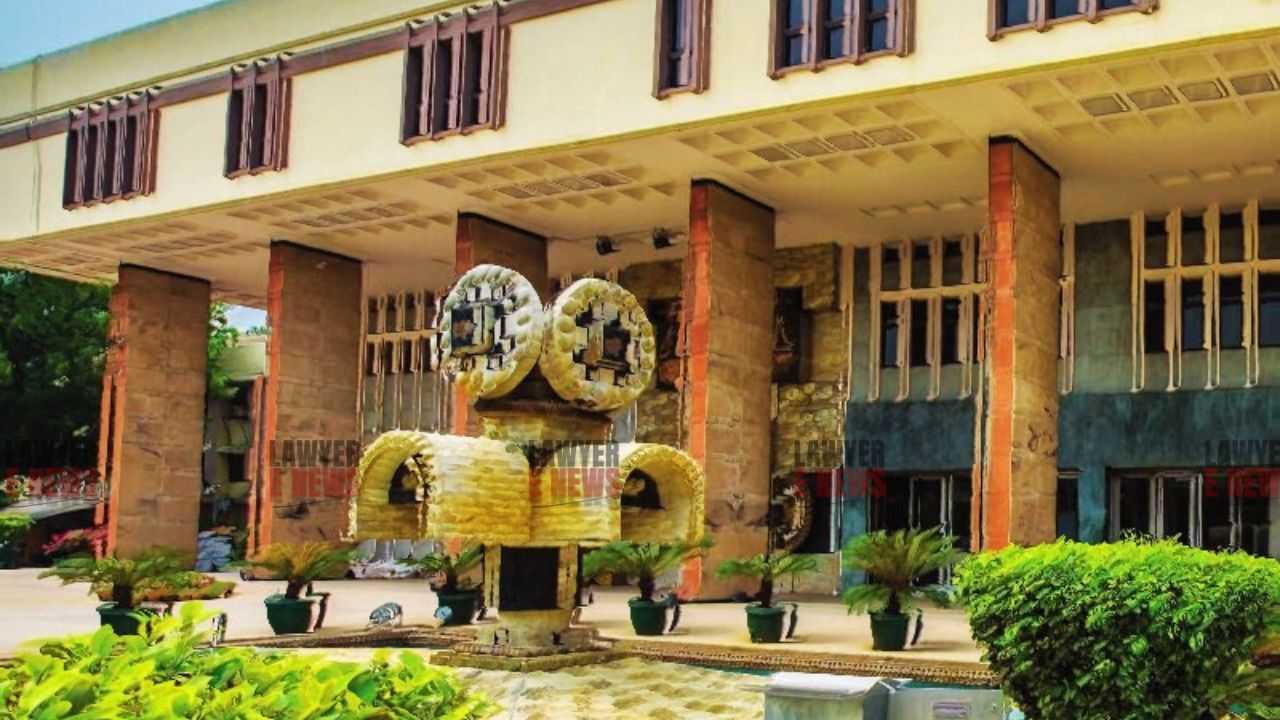-
by sayum
17 February 2026 8:32 AM



“Despite lapse of about more than three years, only one out of the 36 prosecution witnesses has so far deposed… It is therefore highly unlikely that the trial would be completed anytime soon” - In a detailed order dated 24 March 2025, the Delhi High Court granted regular bail to Mohd Rashid, one of the four accused in the 2022 murder of a 26-year-old man, despite the presence of CCTV evidence, call records, and alleged recovery of incriminating articles at his instance. The Court, while noting the seriousness of allegations, found that continued incarceration without trial progress and parity with coaccused already released on bail justified granting bail, notwithstanding the evidence pointing toward the Petitioner’s involvement in the offence.
“Role Assigned to the Petitioner Is Similar to That of Co-Accused Afzal Ansari”
The Petitioner was accused of physically participating in the killing by throttling the deceased, after which other co-accused strangulated him using a Gamchha. The body was allegedly wrapped in bakery materials and dumped. The prosecution submitted that the CCTV camera at the bakery was deliberately turned off during the crime and later switched back on — “a planned act”, in their words.
Yet, the Court noted:
“The role assigned to the Petitioner is similar as had been assigned to the co-accused Afzal Ansari… He is thus entitled to bail on the ground of parity.”
It was pointed out that Afzal Ansari had been granted bail, and the material against him was of similar nature — CCTV presence, prior quarrel, and recovery of bakery DVR.
In Afzal’s case, the Court had earlier observed:
“The presence of the Petitioner at the bakery at the relevant time, and the recovery of the DVR and CCTV footage… would not by itself prove the Petitioner’s guilt.”
This finding was extended to Rashid’s case as well, despite the recovery of the deceased’s purse and the Gamchha used for strangulation at his instance.
“Despite Three Years of Custody, Only One Witness Examined” – Trial Delay Becomes Decisive
The clinching factor in the Court’s decision was the prolonged incarceration of over three years and slow pace of trial.
The Court remarked:
“It is not disputed that the Petitioner has been in incarceration for about 3 years and 3 months… Out of 36 witnesses, only one witness has been examined.”
Highlighting systemic delays, the Court considered that completion of trial appeared remote, and continued detention would violate the principles laid down by the Supreme Court in favour of expediting trials and avoiding prolonged pre-trial custody.
The Court’s approach reveals a balancing act: while not disregarding the prosecution’s version, it acknowledged that protracted custody without progress cannot be justified, particularly when co-accused have been granted similar relief.
“This Court Is Conscious of the Serious Allegations” – But Bail Not Prejudging Guilt The prosecution had strongly opposed the bail, arguing that the Petitioner had played a central role in the commission and cover-up of the murder, and that the evidence — CCTV footage, mobile location, and recoveries — pointed to a deliberate and planned act.
It was submitted:
“All the accused persons were present at the spot… The polybags and bedsheet used to wrap the body were from their bakery… CCTV was switched off deliberately during the offence.”
Nonetheless, the Court granted bail on strict conditions, explicitly stating:
“Observations made hereinabove shall not tantamount to be an expression of merits of the Petitioner’s case and have been made for the consideration of bail alone.”
The Delhi High Court’s ruling in Mohd Rashid v. State (NCT of Delhi) underscores a crucial principle — that pre-trial detention, however serious the charge, must be tempered with considerations of delay, fairness, and parity, especially when the trial shows no signs of meaningful progress.
“Accordingly, the petition is disposed of.” With those words, the Court granted bail, reflecting a judicial concern not just for crime and punishment, but also for liberty in the face of judicial delay.
Date of Decision: 24 March 2025
